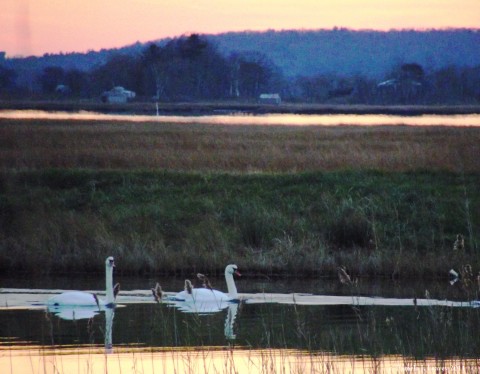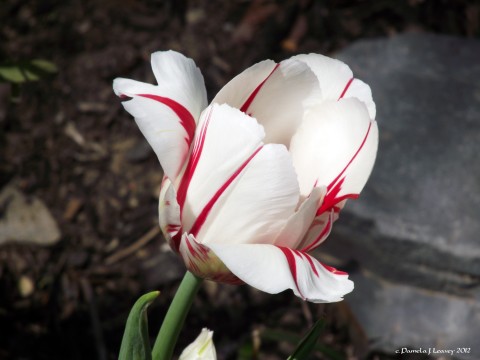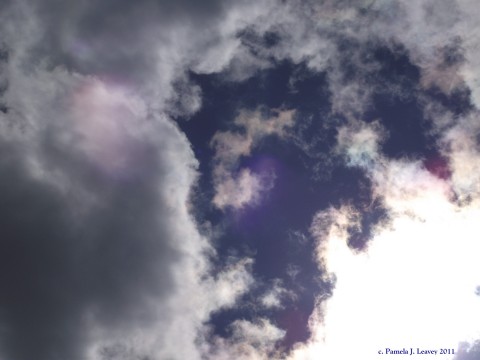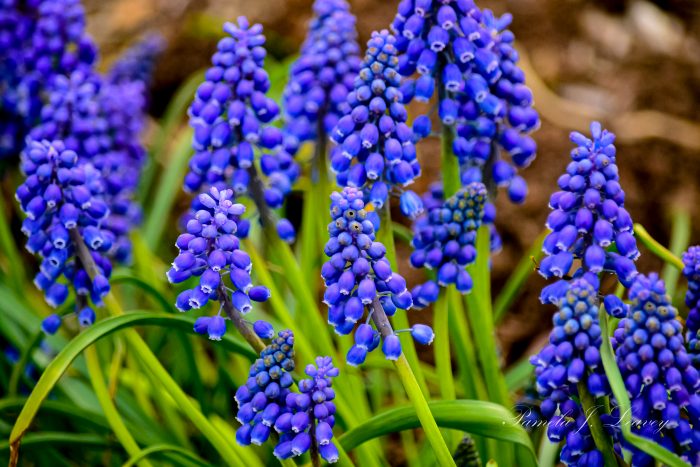
I’ve reflected here, sometimes on a very personal level, in recent weeks some of what I have been going through in my life. There’s been a a lot of change, an injury that has kept me mostly house-bound for over 7 weeks and when I lump all the stuff that has happened together, I find my self at times slipping into sorrow.
The quote below from the great spiritual master J. Krishnamurti eloquently expresses how to… Live with sorrow:
We all have sorrow. Don’t you have sorrow in one form or another? And do you want to know about it? If you do, you can analyze it and explain why you suffer. You can read books on the subject, or go to the church, and you will soon know something about sorrow. But I am not talking about that; I am talking about the ending of sorrow. Knowledge does not end sorrow. The ending of sorrow begins with the facing of psychological facts within oneself and being totally aware of all the implications of those facts from moment to moment. This means never escaping from the fact that one is in sorrow, never rationalizing it, never offering an opinion about it, but living with that fact completely.
You know, to live with the beauty of those mountains and not get accustomed to it is very difficult. You have beheld those mountains, heard the stream, and seen the shadows creep across the valley, day after day; and have you not noticed how easily you get used to it all? You say, ‘Yes, it is quite beautiful,’ and you pass by. To live with beauty, or to live with an ugly thing, and not become habituated to it requires enormous energy,an awareness that does not allow your mind to grow dull. In the same way, sorrow dulls the mind if you merely get used to it,and most of us do get used to it. But you need not get used to sorrow. You can live with sorrow, understand it, go into it -but not in order to know about it. You know that sorrow is there; it is a fact, and there is nothing more to know. You have to live. ~~ J. Krishnamurti, The Book of Life
The great lesson in living with sorrow, is that yes, “you have to live.” You must carry on… And learn to live your life through the suffering and sorrow…
(Photo: Two Swans at the Parker River National Wildlife Refuge ~ c. Pamela J. Leavey)
Related Images:










